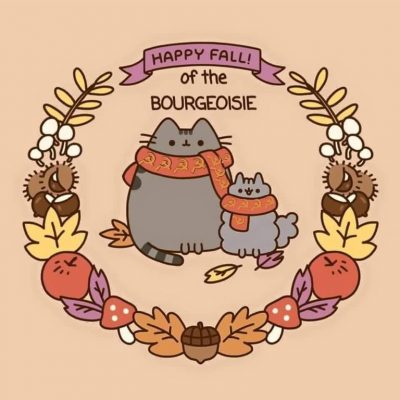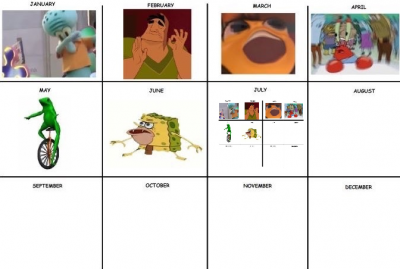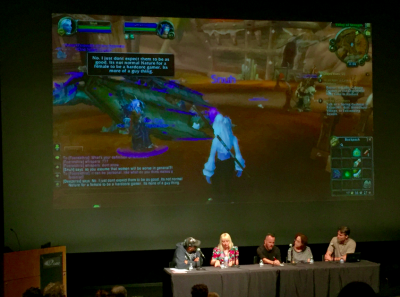[Caveat: The discourse around bodies with uteruses is most often framed in cis-sexist binaries of women and men. The essay below is an analysis of that discourse, and as such occasionally slips into this language to accurately present the arguments therein. Trans and non-binary people are notably missing from this discourse. I’ve tried to avoid cis-sexism where possible. Comments and criticisms are welcome whether in the comment section or by writing to me/messaging me on Twitter: @bsummitgil. I hope I have done this conversation justice.]
You may have seen the recent hubbub about 19 year old self-proclaimed meninist Ryan Williams, who recently declared that women should just hold their menstrual blood in. Specifically, they should just keep that nasty stuff in their bladder until they get to a toilet. The argument was primarily an economic one: women do not deserve free tampons (though his response was actually in regards to the movement to end taxes on tampons, not to make them free). If women are so weak that they cannot hold in, they should see a doctor to have a “procedure” that will give them the “self control” they need to stop using menstrual products, as any demand to reduce the cost of these products makes them “cheapskates.”












